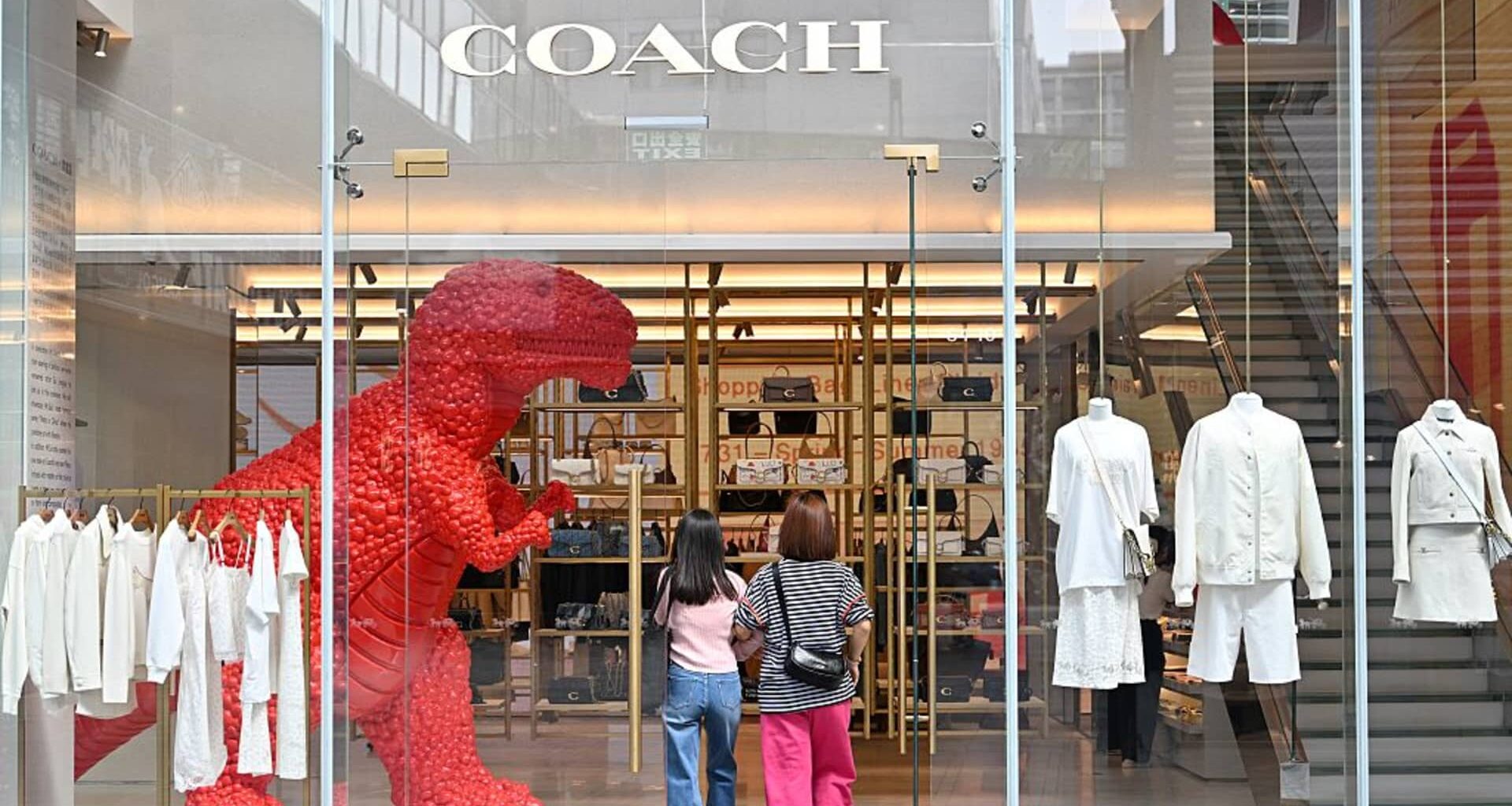People visit the US luxury brand Coach store at a shopping mall in Beijing.
Adek Berry | Afp | Getty Images
China’s consumer prices fell more than expected in August while deflation in factory-gate prices persisted, as calls mounted for Beijing to ramp up measures to bolster sluggish domestic demand and cushion weakening exports growth.
The consumer price index dipped 0.4% last month from a year earlier, according to data from the National Bureau of Statistics released Wednesday, compared with Reuters-polled economists’ forecast for a 0.2% contraction.
Core CPI, which strips out volatile food and energy prices, rose 0.9% from a year earlier, according to the official release.
The producer price index dropped 2.9% in August from a year ago, in line with economists’ estimates in a Reuters poll.
While the deflation in PPI, now in its third year, has eased modestly compared to the prior months, a “continued upcycle is still some way off for China,” said Tianchen Xu, senior economist at Economist Intelligence Unit, citing Beijing’s reluctance to impose restrictions on industrial capacity and softening global demand for raw material and industrial goods.
In terms of the recovery in core CPI, “it seems that demand stimulus played a role in propping up prices, even if it’s still far from China’s own inflation target,” Xu added. China has set its inflation target at around 2% for 2025.
Chinese policymakers have intensified efforts aimed at reining in excessive price cuts that have eroded corporate profits while doing little to spur demand.
A slew of local governments across the country have paused their consumer trade-in programs — that subsidize spending on cars, household appliances and smartphones — due to the rapid depletion of the allocated funds.
Economists have ramped up calls for Beijing to unleash fresh fiscal support as fresh data signal mounting economic strains.
The country’s exports growth slowed to 4.4% in August, slowest in six months, China’s customs data showed Monday, with economists expecting outbound shipments to come under pressure as the U.S. targets rerouting of goods via third countries.

